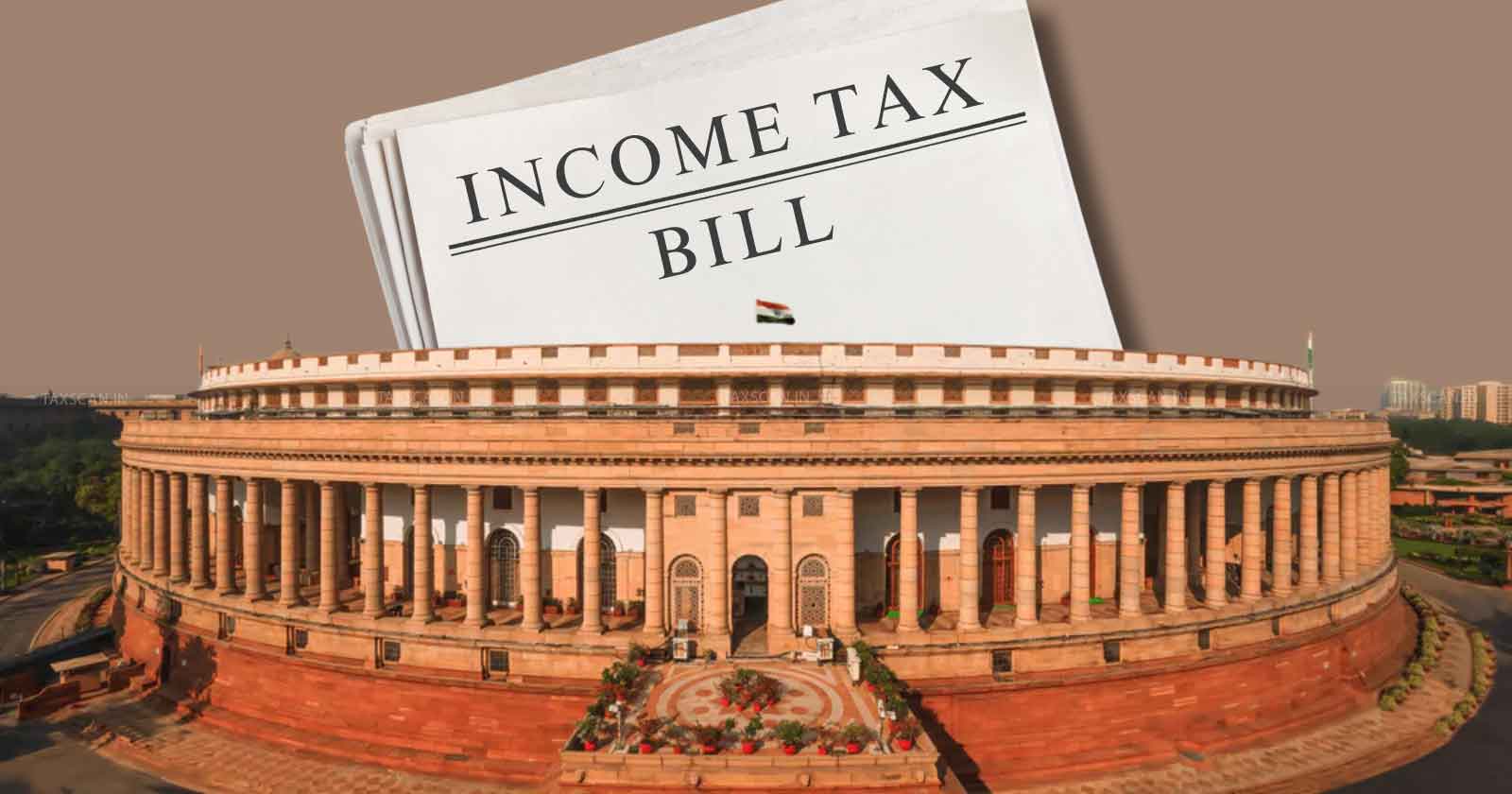NEW DELHI, Jan 18: The Government is expected to unveil a new income tax bill during the upcoming Budget session of Parliament, aimed at simplifying the existing tax law, enhancing clarity, and reducing its length by approximately 60%.
Finance Minister Nirmala Sitharaman had announced a comprehensive review of the six-decade-old Income Tax Act, 1961, during her budget presentation in July, with a target to complete it within six months.
“The new Income Tax legislation will be presented in the Budget session of Parliament. It will constitute a completely new law rather than an amendment to the current Act. At present, the draft law is under review by the law ministry and is expected to be introduced in Parliament during the latter half of the Budget session,” a source indicated.
The Budget session is set to take place from January 31 to April 4. The initial phase (January 31-February 13) will commence with President Droupadi Murmu’s address to the joint assembly of Lok Sabha and Rajya Sabha, followed by the presentation of the Economic Survey for 2024-25. The Union Budget for 2025-26 will be unveiled on February 1.
Parliament will reconvene on March 10 and continue to sit until April 4.
Following Sitharaman’s Budget declaration regarding the comprehensive review of the I-T Act, 1961, the CBDT established an internal committee tasked with evaluating the legislation to ensure it is succinct, clear, and user-friendly, ultimately aiming to reduce disputes, litigation, and provide enhanced tax certainty for taxpayers. Additionally, 22 specialized sub-committees were formed to examine different facets of the Act.
The Income Tax Department has called for public feedback and suggestions in four categories: simplifying the language, reducing litigation, minimizing compliance burdens, and addressing redundant or outdated provisions.
So far, the Income Tax Department has received 6,500 suggestions from various stakeholders regarding the review of the Act.
Sources reported that there will be significant reductions in provisions and chapters, with obsolete sections being eliminated.
The Income Tax Act, 1961, which governs the imposition of direct taxes—including personal income tax, corporate tax, securities transaction tax, and gift and wealth tax—currently includes approximately 298 sections and 23 chapters.
“The goal is to reduce the volume by about 60%,” the source noted.
Sitharaman mentioned in her July 2024 Budget address that the objective of this review is to create an Act that is concise, clear, and easy to read and comprehend.
This initiative aims to minimize disputes and litigation, thereby ensuring tax certainty for taxpayers. It will also decrease the demands entangled in litigation. The completion of this process is projected within six months, as she stated. (PTI)


Leave a Reply